To provide the best experiences, we use technologies like cookies to store and/or access device information. Consenting to these technologies will allow us to process data such as browsing behaviour or unique IDs on this site. Not consenting or withdrawing consent, may adversely affect certain features and functions.
The technical storage or access is strictly necessary for the legitimate purpose of enabling the use of a specific service explicitly requested by the subscriber or user, or for the sole purpose of carrying out the transmission of a communication over an electronic communications network.
The technical storage or access is necessary for the legitimate purpose of storing preferences that are not requested by the subscriber or user.
The technical storage or access that is used exclusively for statistical purposes.
The technical storage or access that is used exclusively for anonymous statistical purposes. Without a subpoena, voluntary compliance on the part of your Internet Service Provider, or additional records from a third party, information stored or retrieved for this purpose alone cannot usually be used to identify you.
The technical storage or access is required to create user profiles to send advertising, or to track the user on a website or across several websites for similar marketing purposes.
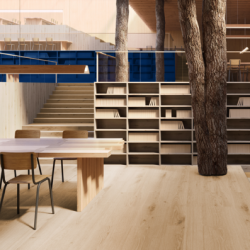 Tarkett is revealing its new ultra-realistic modular vinyl collection, iD Inspiration. Reimagined for a rapidly changing world, iD Inspiration harnesses the power of nature to create feel-good interiors. Tarkett’s unique high-definition digital printing technology captures the beauty of wood and stone, revealing the most subtle details in grain, texture and colour. iD Inspiration will be available across Europe from May 2021 onwards. (more…)
Tarkett is revealing its new ultra-realistic modular vinyl collection, iD Inspiration. Reimagined for a rapidly changing world, iD Inspiration harnesses the power of nature to create feel-good interiors. Tarkett’s unique high-definition digital printing technology captures the beauty of wood and stone, revealing the most subtle details in grain, texture and colour. iD Inspiration will be available across Europe from May 2021 onwards. (more…)





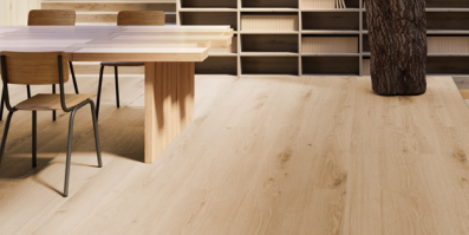
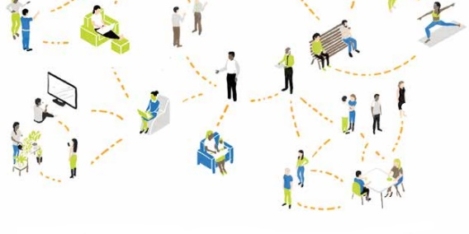
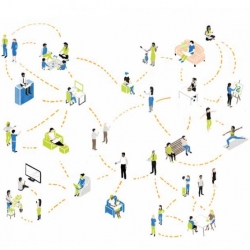 As lockdown restrictions are eased and employees head back to the office a new report is calling for businesses to reinvent the world of work. The Human Organisation report highlights how the current workplace model is based on bureaucracy and hierarchy, which stifles employee empowerment and creativity.
As lockdown restrictions are eased and employees head back to the office a new report is calling for businesses to reinvent the world of work. The Human Organisation report highlights how the current workplace model is based on bureaucracy and hierarchy, which stifles employee empowerment and creativity. 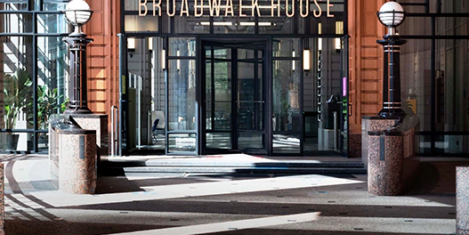

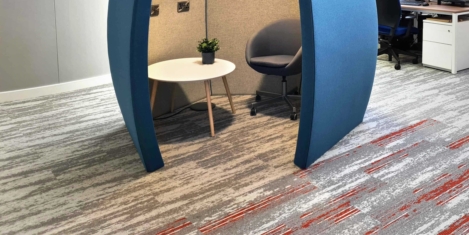
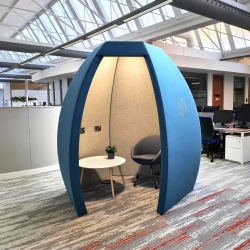 With workplaces up and down the country now following new rules and regulations – and with online meetings also the order of the day – colleagues everywhere may be feeling demotivated.
With workplaces up and down the country now following new rules and regulations – and with online meetings also the order of the day – colleagues everywhere may be feeling demotivated. 
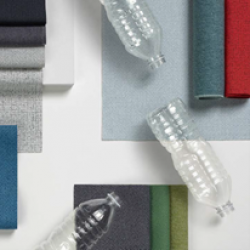 Design manufacturer
Design manufacturer 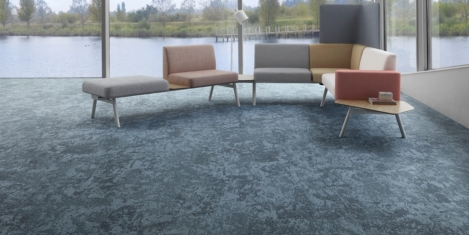
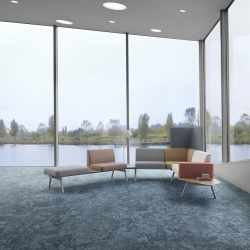 The pandemic has certainly opened our eyes to the importance of constantly washing our hands, sterilising everything in sight and realising just how far germs can travel through the air, causing us to wince at the thought of a time where we huddled on public transport without masks. However, as we contemplate heading back to the office in the near future, businesses need to translate these learnings into workplace design and move indoor air quality to the top of the agenda.
The pandemic has certainly opened our eyes to the importance of constantly washing our hands, sterilising everything in sight and realising just how far germs can travel through the air, causing us to wince at the thought of a time where we huddled on public transport without masks. However, as we contemplate heading back to the office in the near future, businesses need to translate these learnings into workplace design and move indoor air quality to the top of the agenda. 
 Oliver has been with
Oliver has been with 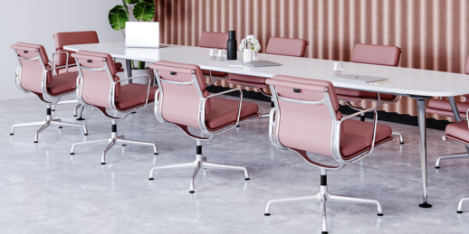
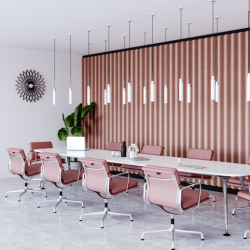 Swell is a lightweight, acoustic wall cladding solution with a height of 2.7m offering a unique design solution without horizontal seams.
Swell is a lightweight, acoustic wall cladding solution with a height of 2.7m offering a unique design solution without horizontal seams. 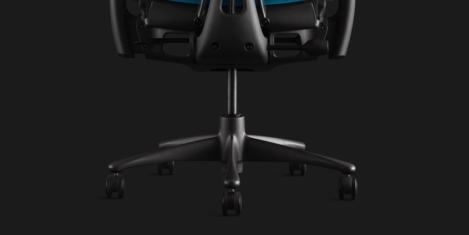
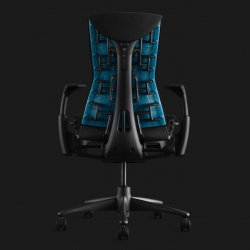

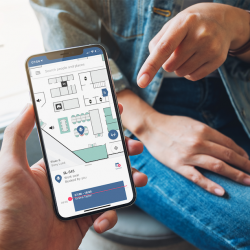 If you work in a larger office environment, the chances are your favourite aspect of work isn’t wandering around in search of a place to sit. Booking meetings probably doesn’t rank that highly either. Or locating colleagues. Sony believe in using intuitive technology to make everyday tasks as straightforward and stress-free as possible. Hence the development of the
If you work in a larger office environment, the chances are your favourite aspect of work isn’t wandering around in search of a place to sit. Booking meetings probably doesn’t rank that highly either. Or locating colleagues. Sony believe in using intuitive technology to make everyday tasks as straightforward and stress-free as possible. Hence the development of the 


 An innovative little box that resembles a Rubik’s cube is making its way into corporate workspaces to assist facilities managers and HR teams gauge energy consumption and monitor the building’s efficiency, as well as track air quality, temperature and overall comfort of their physical surroundings. It’s all about better buildings. If individuals feel good in their workplace, they’re more likely to care about (and take care of) the buildings where they spend a large part of their days. And to ensure that the sample is truly representative, each individual can have a lightweight and portable
An innovative little box that resembles a Rubik’s cube is making its way into corporate workspaces to assist facilities managers and HR teams gauge energy consumption and monitor the building’s efficiency, as well as track air quality, temperature and overall comfort of their physical surroundings. It’s all about better buildings. If individuals feel good in their workplace, they’re more likely to care about (and take care of) the buildings where they spend a large part of their days. And to ensure that the sample is truly representative, each individual can have a lightweight and portable 







